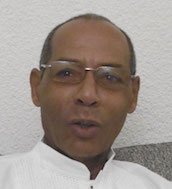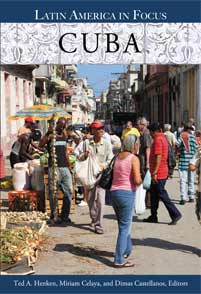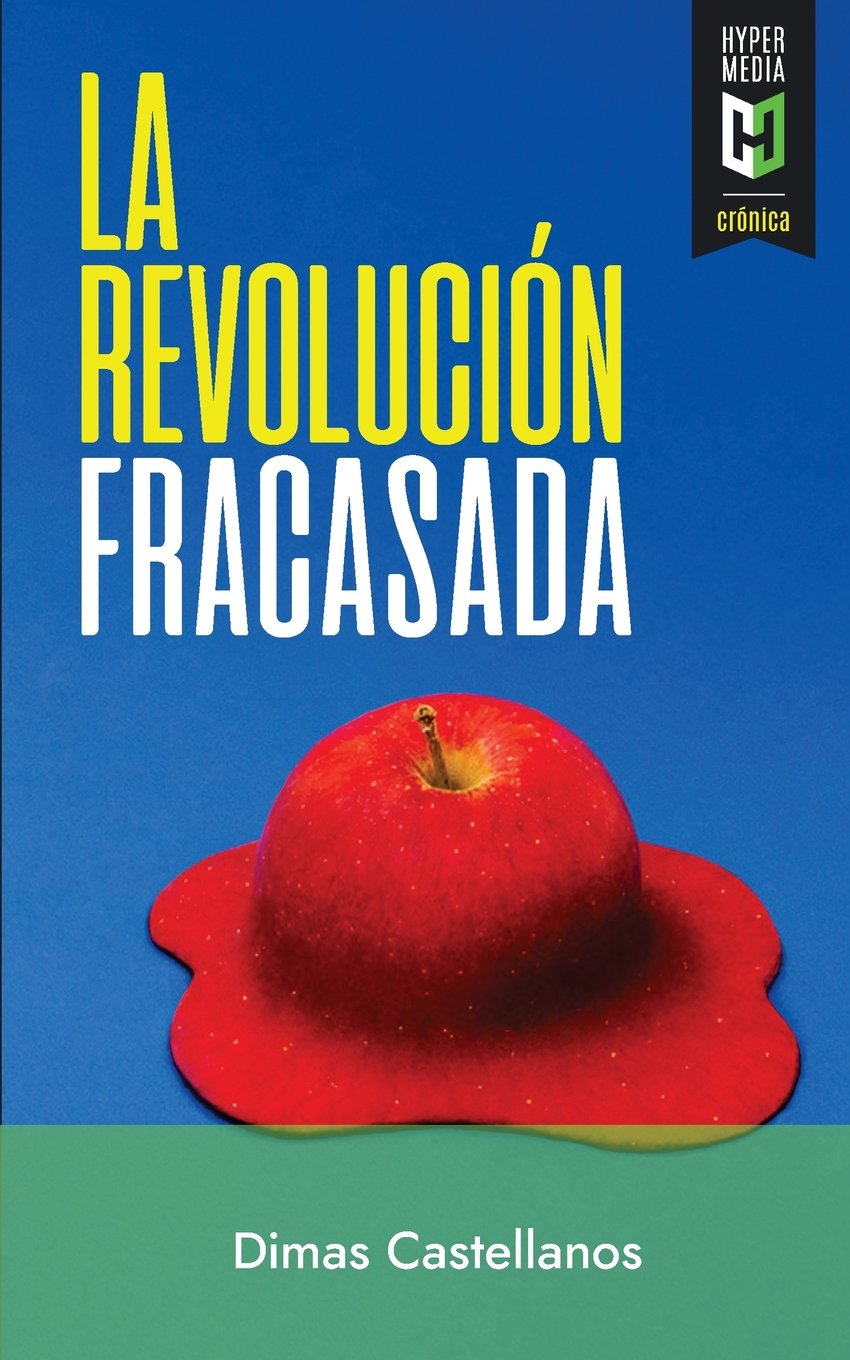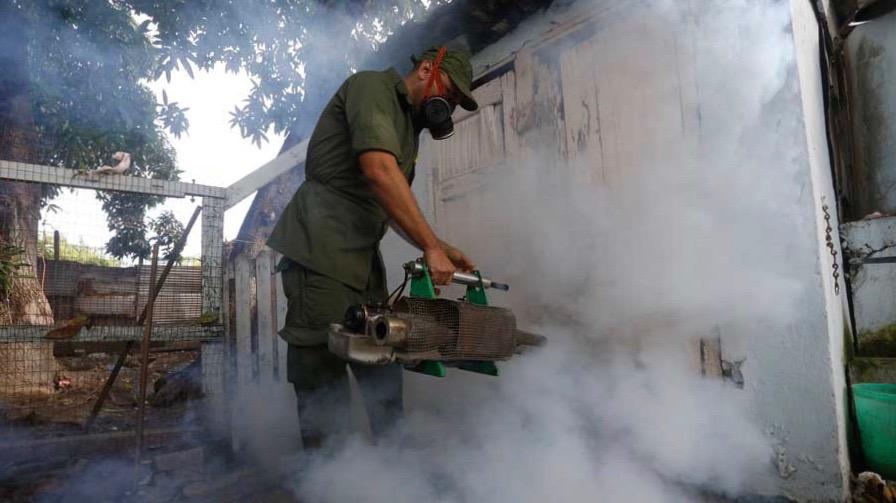Dengue: A 'Military Defeat' in Cuba
"The contradiction between a health system boasting high numbers of doctors per inhabitants, while the streets of its capital contain a cubic meter of garbage per citizen, is evident."
"The contradiction between a health system boasting high numbers of doctors per inhabitants, while the streets of its capital contain a cubic meter of garbage per citizen, is evident."
Much more than a century ago, Carlos Juan Finlay de Barres, a Cuban epidemiologist, ruled out contagion and environmental agents, discovered yellow fever's transmitting agent (the female Aedes Aegypti mosquito, which transmits dengue) and advanced the main measures to prevent the epidemic, including the destruction of the transmitting mosquitoes' larvae in their hatcheries. In 1901, after the virtual elimination of yellow fever in Havana, his theory was proven.
Eighty years later, on July 24, 1981, in the country where this scientific feat was pulled off, tens of thousands of cases of dengue were reported, a disease transmitted by the same mosquito discovered by the Cuban scientist. At that time, closing a course for the provincial and municipal leaders of the Anti-Aedes Aegypti Campaign, Fidel Castro said, among other things:
"... you are the ones who will be leading the troops, directly, in the fight; you are the officers of the campaign's army. Of course, that army has its staff, and has other officers, and a rearguard, and resources, but you will be on the front line. "
"... the epidemic caught us without weapons, without ammunition and without an army. Now we have been organising the army, quickly. "
"... we plan to eradicate the epidemic first, but we will not settle for eradicating the epidemic; we will continue the fight until the mosquito is eradicated, that is the purpose."
"It is difficult to take action against the epidemic when there are 11,000 cases per day, as occurred on some days earlier this month. But when there are 500 cases left, 300 cases, 200 cases, they can be controlled perfectly. "
"This mosquito is dangerous, it is dangerous because it can be a carrier of diseases that may arise spontaneously, or of diseases that the enemy can introduce into our country."
"So, we are going to fight like has never been seen anywhere ... I think we have the possibility of a great victory ahead of us. "
"We were in favor of establishing a decent salary for Health workers, as the salary of those fumigating is 106 pesos. Now they will have a salary of approximately 150 pesos."
"... protecting ourselves from the epidemic ... is a means of defending the country, like a division of tanks, because the enemy can use these weapons. He can use them normally and subtly. And nobody is sure whether these epidemics, which have occurred in animals, plants, and in man, have not been intentionally produced. "
And, despite that war, and his confidence in victory, the epidemic reappeared again and again.
On September 17, 2002, the newspaper Granma published a report entitled "Alert regarding an increase in outbreaks of Aedes Aegypti" in which the director of the National Center for Health Promotion and Education explained that "following the conclusion of the offensive against Aedes last April, a sustainability stage was commenced, but, little by little, it was neglected, and everything points to a setback with the increase in outbreaks, especially in Havana and Santiago de Cuba".
That is, five months after the close of another immense and expensive battle "the work done was neglected."
How is it possible that, after the "victorious" wars, investing millions of dollars, collecting millions of cubic meters of waste, fumigating every Havana locale, for weeks, bombarding the populace with information about the campaign's progress, decorating the "victorious combatants", and announcing to the world that only a country like Cuba could do something like this, outbreaks recur, and the problem continues?
Everything indicates that there is no point acting against effects without addressing the root causes: the existence of garbage dumps on corners, overflowing gutters, streets full potholes in which potable and sewer water mixes, miles of rundown pipe networks, and leaks indoors, and affecting networks and supply connections. All of these are causes that are not addressed, a major breach of Dr. Finlay's teachings.
The contradiction between a health system that exhibits high numbers of doctors per inhabitants, while in the streets of its capital there is a cubic meter of garbage per citizen, is evident. This is a country with a very low infant mortality rate, but one that in recent decades has seen hundreds of thousands affected by dengue epidemics. This is compounded by the loss of sound hygienic habits in a significant portion of the population. These causes have accumulated for such a long time that it is impossible to solve them with wars and armies, if not complemented by other measures.
The results demonstrate the futility of the systematic use of military terms with reference to civil activities. The replacement of popular initiative by military orders only leads to social indolence. Let us remember José Martí's words in 1884 when he wrote to General Máximo Gómez: "A society is not founded, general, like a military camp!"
It is time to replace battles with culture. Participation, freedom, rights and the existence of a civil society are needed so that citizens, driven by their own interests, act on their own, but in a way aligned with and supporting the State. It is also necessary for health workers to receive a salary that does not force them to turn to corruption, manifested in the sale of products purchased abroad to combat mosquitos, and in formal visits to homes to sign el visto, the document in which home fumigations are recorded.
Meanwhile, some 140 years after Finlay's discovery, 38 years after the battle of 1981, and 17 after the great battle of 2002, it must have given the weekly Trabajadores (Workers) little pleasure, on Monday, 23 September, to dedicate two pages to the epidemic, with articles on how mosquitoes continue to run rampant, and dengue continues to affect tens of thousands of Cubans.




